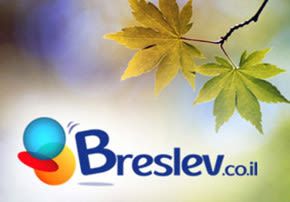
Gratitude – Part 2
When I was in mourning for my father, HaRav Shmuel Scheinberg, z"tzl, a former talmid (student) asked me what I missed most about my father...

When I was in mourning for my father, HaRav Shmuel Scheinberg, z”tzl, a former talmid (student) asked me what I missed most about my father. I answered, “I miss not being able to learn from his chochma, wisdom.”
HaRav Shmuel Scheinberg was a teacher par excellence. When explaining complex concepts, he started with the very basics, the foundations, and succeeded in clarifying it to such an extent that his students never forgot his lessons.
In Harav Shmuel Scheinberg’s biography, in “Precious Jewels,” Chapter 10, “A Giant in Our Times,” I wrote, “Talmidim from 40 years before came to the shivah, house of mourning. One of them said that he did not forget any of my father’s Chumash classes. Another talmid said that he can open the Chumash to any place that Rabbi Scheinberg taught him and remember it.”
In the previous two articles we discussed the foundations upon which a Jew should build his life. From my father’s shiurim, I would like to continue to expound on the subject of Hakarat Hatov (gratitude) so that we can thoroughly understand this crucial concept.
The Medrash points out how the mitzvah of Bikurim – bringing the first fruits to the Beit Hamikdosh – demonstrates our Hakarat Hatov to Hashem. At the end of the harvest, instead of relaxing at home after months of hard work, the farmer is instructed to show his appreciation to Hashem by bringing the first fruits to the Beit Hamikdosh.
The mitzvah of honoring one’s parents is also based on the concept of showing appreciation. It is because a rebellious child, or a child who hits or curses a parent, demonstrates a gross lack of Hakarat Hatov that he is dealt with so severely.
The Plague of Blood and the Plague of Frogs were initiated by Aharon (Aaron). Hashem commanded Aharon, rather than Moshe (Moses) to hit the water and the ground, because Moshe owed both the water and the ground a debt of gratitude. The Nile River saved Moshe’s life when he was, placed in a basket and hidden there. Later on, the ground concealed an Egyptian who Moshe killed for beating an Israelite slave.
The Torah tells us (Devarim 23:4) that a descendent of Ammon and Moav may never intermarry with the Jewish people. An Egyptian, however, is only forbidden to marry a Jew until the third generation. The reason given in the Torah is because “Ammon and Moav did not provide you with bread and water when you were traveling through the desert.”
But close to three million Jews left Egypt! A tremendous amount of food and water was needed to feed so many people. So why is it that because the Ammonites and the Moavites did not provide three million Jews with food and drink that they are forbidden to marry with the Jewish people? Why are they worse than the Egyptians?
The Ramban explains that the nations of Ammon and Moav lack the virtue of Hakarat Hatov. After all, when their ancestor, Lot was captured by Sodom, Avraham saved Lot’s life. The nations of Ammon and Moav’s owe their entire existence to Avraham’s chessed (kindness), so they should have expressed their Hakarat Hatov to Avraham’s descendents. One who does not possess Hakarat Hatov and repays bad for good is acting in a very despicable manner.
* What is the root of this lack of Hakarat Hatov?
* A lack of truth, emet. A person who possesses the midah of emet feels an obligation to express his gratitude. But a person lacking the midah of emet will find false reasons for deserving another person’s chessed, instead of recognizing that he owes his benefactor a debt of gratitude. Ammon and Moav, for example, might falsely conclude that Avraham saved Lot to publicize himself as a great hero and warrior.
A person who is lacking Hakarat Hatov is expressing a false outlook on life.
In the book of Shoftim we find yet another example of a total lack of Hakarat Hatov. The Prophet says, “And the people served Hashem all the days of Yehoshua (Joshua) and all the days of the elders who lived many days after Yehoshua” (Shoftim 2:7). Two verses later, the Prophet continues, “And they buried him within the border of his inheritance in Timnath Cheres on the mountain of Ephraim, to the north of Mount Gaash.” Rashi comments: “They lived many days after Yehoshua, but not many years, since they were negligent in properly eulogizing Yehoshua; as the possuk reads, “Har Gaash (Raging Mountain).” Why was the Mountain raging? Because the elders did not eulogize Yehoshua properly – and therefore they were punished by living only “days” after Yehoshua, in other words, not living a long life. Although Yehoshua was the both the Jewish People’s spiritual and military leader, who conquered Eretz Yisroel, the Jewish People did not cry and mourn his demise.
In a more positive light, in the Book of Shoftim, the Judge, Gideon, heard a person discussing a dream. “In his dream he saw a loaf of roasted barley bread rolling in the Midianite camp, it came to the tent and struck it and it fell; it turned it upside down and it fell. His friend responded by saying: ‘This is none other than the sword of Gideon, the son of Yoash, the man of Israel; Hashem has delivered Midian and the entire camp into his hand” (Shoftim 7:13-14). Our Rabbis explain that the reason the sword of Gideon is described as roasted barley bread is to inform the Jewish People that they will be victorious over the Midianites in the merit of bringing the Omer Offering (Vayikra Rabba, 28:6). This is also found in Rashi, Shoftim, Chapter 7:13-14.
To properly understand the significance of the Omer Offering and why that would influence the outcome of Israel’s war with the Midianites, let’s look at what Sefer Chinuch has to say about the Korban Ha’Omer (the Omer Offering that was brought in the Beit Hamikdash). In Mitzvah 302, the Sefer Chinuch explains that the Korbon Ha’Omer teaches us Hashem’s great kindness in granting a new harvest each year, and for that reason it is proper for us to offer the omer, to remember this great kindness before enjoying the results of our labors. By offering the omer to Hashem we are expressing our Hakarat Hatov to Him, Who supplies us with food and all our necessities.
This idea of Hakarat Hatov applied to Gideon. Since the Jewish people acknowledged their gratitude to Hashem, they were worthy of conquering the Midianites.
The Book of Shoftim continues, “When Gideon heard the dream and its interpretation, he immediately bowed down” (Shoftim 7:15). Our Rabbis explain that Gideon immediately expressed his Hakaras Hatov by bowing to Hashem.
Tzaddikim express their gratitude to Hashem through actions, rather than just words!
In my next article we will discuss how Hakarat Hatov can help a person overcome obstacles in his Divine Service; how Hakarat Hatov teaches a person to honor the Torah, and those who study Torah, which will help us instill a love of Torah and midot tovot in our children.




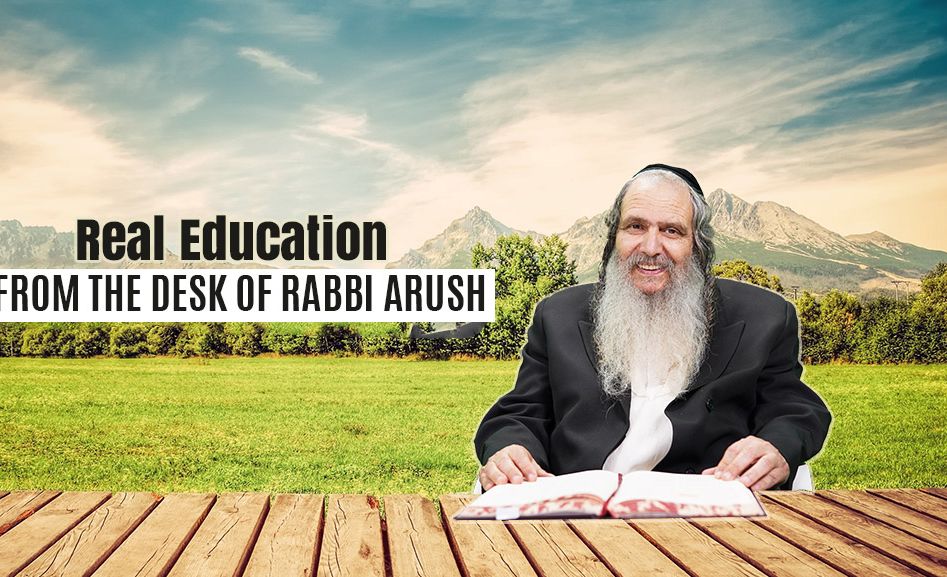
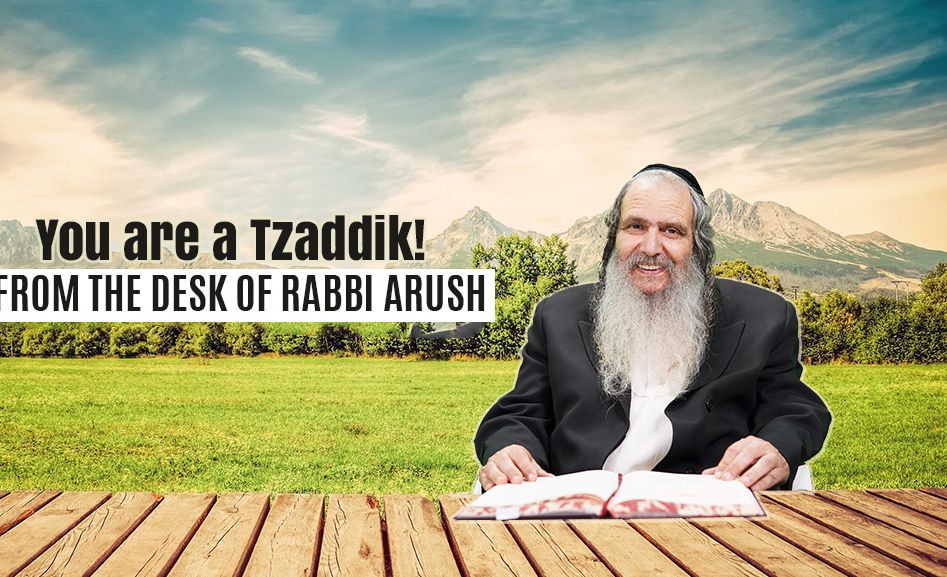
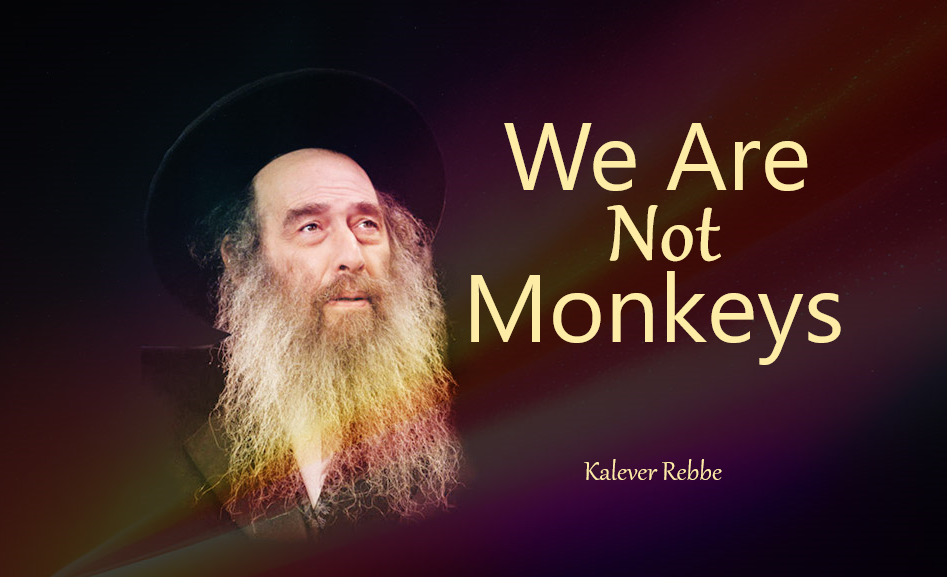
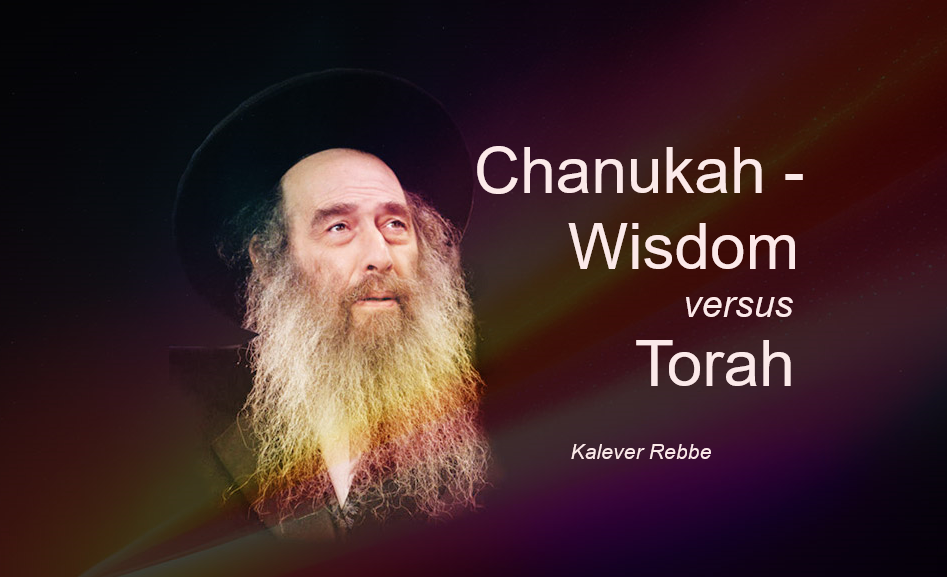


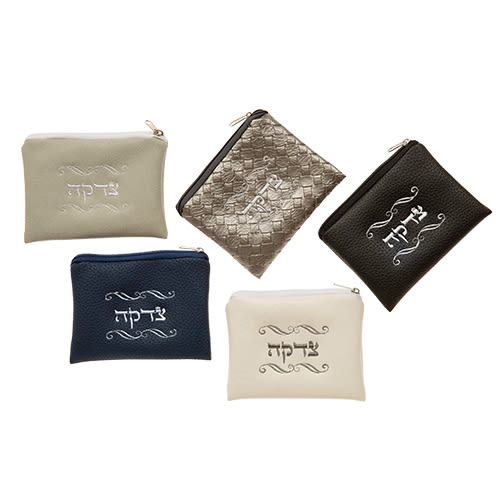
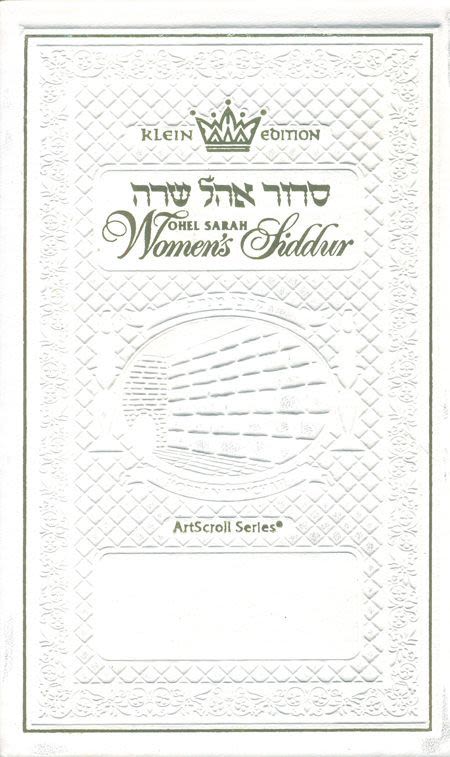
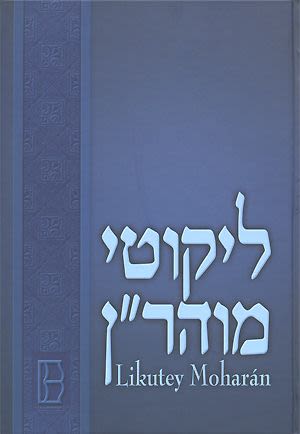
Tell us what you think!
Thank you for your comment!
It will be published after approval by the Editor.